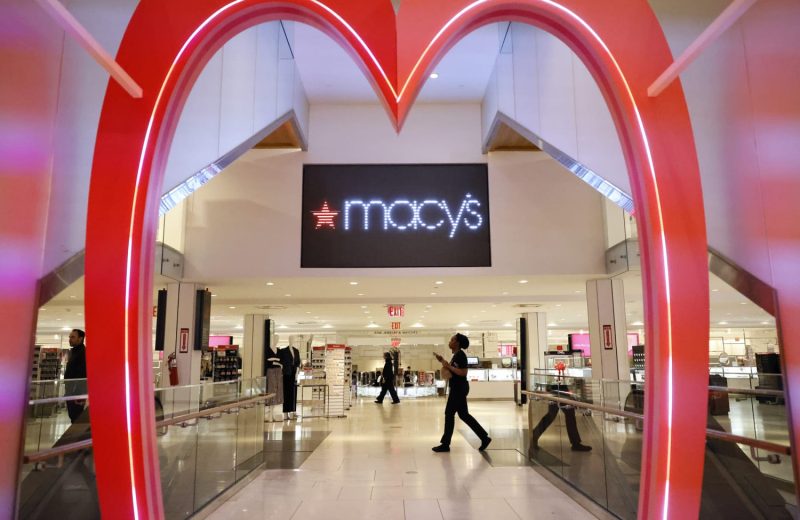In recent news, Macy’s has announced the closure of 150 stores nationwide. This bold move marks a significant shift for the retail giant as it steers towards a new chapter with a heightened focus on luxury offerings. The decision to streamline its physical footprint reflects Macy’s strategic response to evolving consumer preferences, industry trends, and the challenges posed by the ongoing global pandemic.
The COVID-19 pandemic has accelerated the shift towards online shopping, prompting retailers to reassess their brick-and-mortar presence. Macy’s decision to close a substantial number of stores aligns with this broader industry trend, as the company aims to optimize its operations and cater to changing consumer behaviors. By focusing on luxury, Macy’s seeks to tap into a growing market segment that values premium products, personalized experiences, and exclusivity.
As Macy’s reimagines its business model, the emphasis on luxury presents a strategic opportunity for the retailer to differentiate itself in a competitive market. By curating an elevated assortment of luxury brands and products, Macy’s can attract affluent customers seeking high-end offerings and exceptional service. This shift towards luxury also aligns with evolving consumer preferences for quality, craftsmanship, and unique experiences, setting Macy’s apart from competitors in the retail landscape.
Furthermore, the decision to close a significant number of stores enables Macy’s to reallocate resources, streamline operations, and enhance its online capabilities. By optimizing its physical footprint, Macy’s can focus on key locations that drive higher sales and offer immersive luxury experiences to customers. This strategic consolidation of stores reflects Macy’s commitment to adapting to the changing retail landscape and strengthening its position in the market.
While the closure of 150 stores may seem drastic, it underscores Macy’s determination to evolve and thrive in a rapidly changing retail environment. By embracing a new chapter with a greater focus on luxury, Macy’s is positioning itself for long-term success by catering to the evolving needs and preferences of affluent consumers. Through this strategic pivot, Macy’s aims to enhance its brand image, drive growth, and create a more compelling shopping experience for luxury-oriented shoppers.
In conclusion, Macy’s decision to close 150 stores nationwide marks a significant milestone in the retailer’s journey towards a bold new chapter focused on luxury offerings. By realigning its physical footprint, optimizing operations, and catering to the growing demand for premium products and experiences, Macy’s is poised to redefine its position in the retail sector and capture the attention of luxury-seeking consumers. As Macy’s embarks on this transformative phase, the company is well-positioned to leverage its heritage, scale, and resources to create a compelling and distinctive brand identity in the evolving retail landscape.
